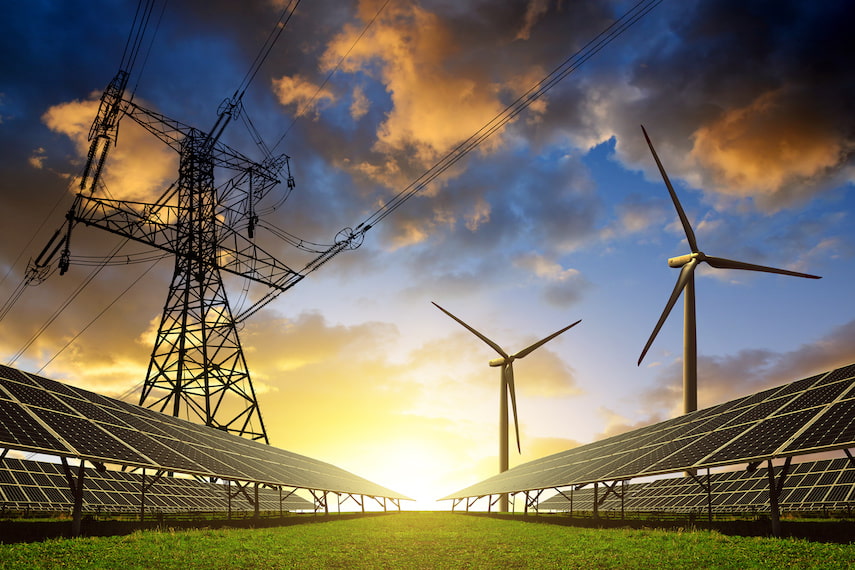[Ed. note: Today is the 22nd anniversary of the terrorist attacks on the World Trade Center, the Pentagon and United Flight 93. It is a difficult day for many. I had a friend who perished in the first tower. A few months later, I went to work for Marsh & McLennan which experienced a loss of colleagues second only to CantorFitzgerald. We take this moment to remember those who died in the attacks including first responders who lost their lives years after being exposed to the toxic aftermath.]
I’ve written before about how reality has impacted corporate climate/Net Zero goals, targets and assumptions. Here is a recent blog on the topic. Sadly, the pace of uncertainty growth is not abating. Many problems stem from the use of carbon offsets. For instance, Net Zero Investor reported just last week:
“Rather than growing, the voluntary carbon market is actually shrinking, for the first time in nearly a decade, with companies worldwide acquiring less carbon credits. The appetite for offsetting among corporates and investors is expected to experience an unprecedented drop before the end of this year, with demand already down by 6% during the first six months of 2023, according to a BNEF report… ‘A number of negative studies on carbon credits caused enough concern for some companies to pause purchasing and wait for more guidance on what sort of credits they should buy,’ [Stephen Donofrio, managing director of Ecosystem Marketplace] explained.”
Beyond offsets and closer to home, Bloomberg wrote about significant problems New York State faces in meeting their own laws:
“New York regulators will likely miss a statutory deadline for issuing rules that put an ambitious carbon emissions program into effect, but only because they need time to think through how to create an economy-wide plan, according to the state’s top environmental official. State lawmakers approved the plan, known as cap and invest, as part of the budget process in May… The cap-and-invest program is a key part of New York’s plan to deliver on its recent climate bill, which commits the state to 100% zero-emission electricity by 2040.”
There are also strong signals that wind power producers may not deliver on their promises to electricity markets, companies and consumers, as discussed in this piece from Barron’s last week:
“Danish company Orsted (ticker: DNNGY), the global leader in offshore wind development, says it expects to write down the value of its U.S. projects by up to 6 billion Danish krone, or about $860 million, due to higher costs driven by an inadequate supply chain in the U.S., high interest rates, and insufficient federal subsidies… It’s looking increasingly unlikely that the U.S. will be able to add 30 gigawatts of offshore wind power capacity by 2030, a goal President Biden announced in 2021.”
Actions like these reverberate through supply chains, geographies and economies. There is a climate domino effect – businesses establish their own climate goals, expectations, plans and metrics based in some part on where they sit in the supply chain. If you haven’t completed a thorough assessment of how current market conditions and emerging trends impact your own climate goals, expectations and programs – it is time. Assumptions embedded in your company’s climate goals and Net Zero commitments may not be valid anymore, especially with regard to Scope 2 and 3 emissions. PracticalESG Advisory Board Member Mark Trexler previously wrote about auditing your climate risk assumptions. It is a very good time to consider doing that.
If you aren’t already signed up, subscribe to our complimentary ESG blog here: https://practicalesg.com/subscribe for daily updates delivered right to you.










